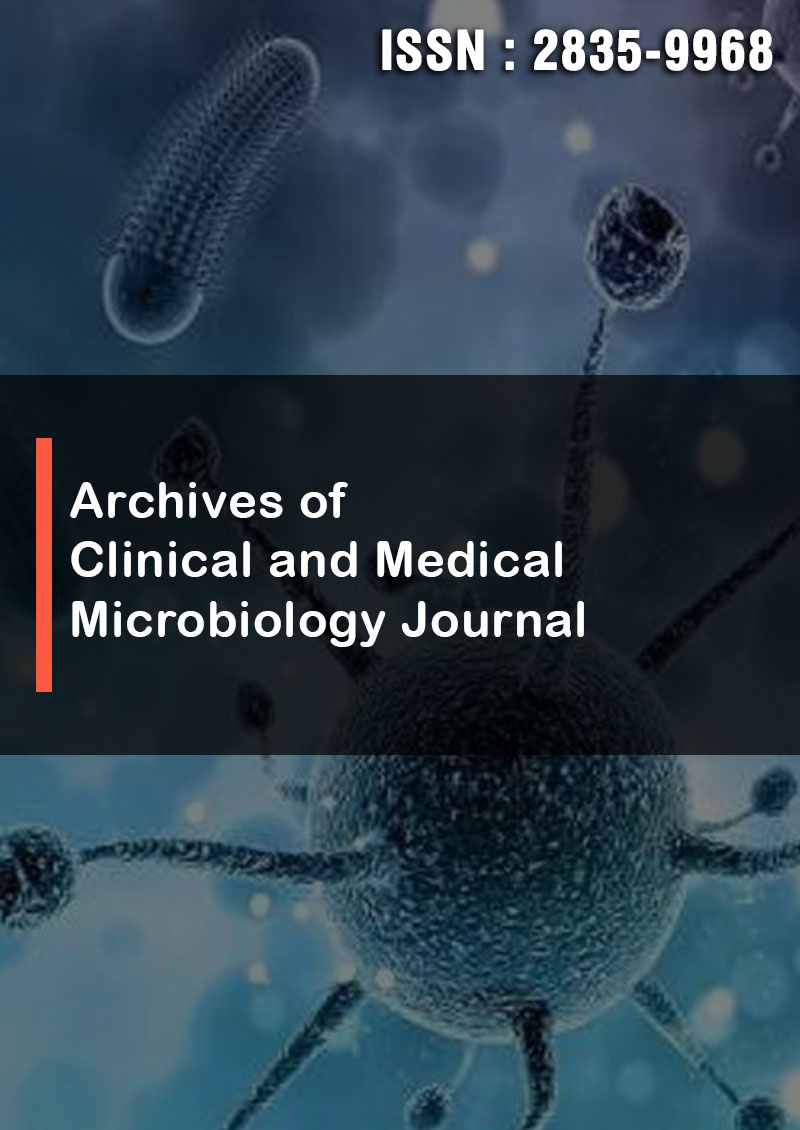Challenging Standard Protocols: A New Perspective on MMR Deficiency from a Longitudinal Regional Study
Abstract
Eric Y Zhang, Min Yan, Victoria LS Owens and Yan Xia
The role of DNA mismatch repair (MMR) tumor testing in colon and endometrial carcinomas is well-established. However, the universal application of this testing faces challenges. These challenges are due to limited data on its efficacy in diverse populations. This retrospective study was conducted at a community hospital in Northern Indiana, USA. It examined MMR immunohistochemistry (IHC) results across 549 cases. Our analysis found that 469 cases had intact MMR expression. Meanwhile, 80 cases demonstrated MMR deficiency. This translates to MMR deficiency rates of 10% in colon cancers and 22% in uterine carcinomas. Notably, only 16 patients (2.9%) were categorized as having high microsatellite instability (MSI-H). This rate is significantly lower than the 3-5-fold higher incidences reported in other Midwestern populations, including Ohio. These findings suggest that the benefits of universal cascade methylation testing may vary significantly. This variation is particularly notable in MLH1/PMS2 IHC-negative tumors, and it depends heavily on regional demographics. The notably lower MSI-H incidence in this study suggests a need to re-evaluate reflex testing protocols in low-resource settings. A more targeted, cost-effective approach could be developed without compromising diagnostic accuracy. This study challenges the one-size-fits-all approach to MMR testing. It highlights the need for tailored strategies that consider regional variations in cancer genetics.



